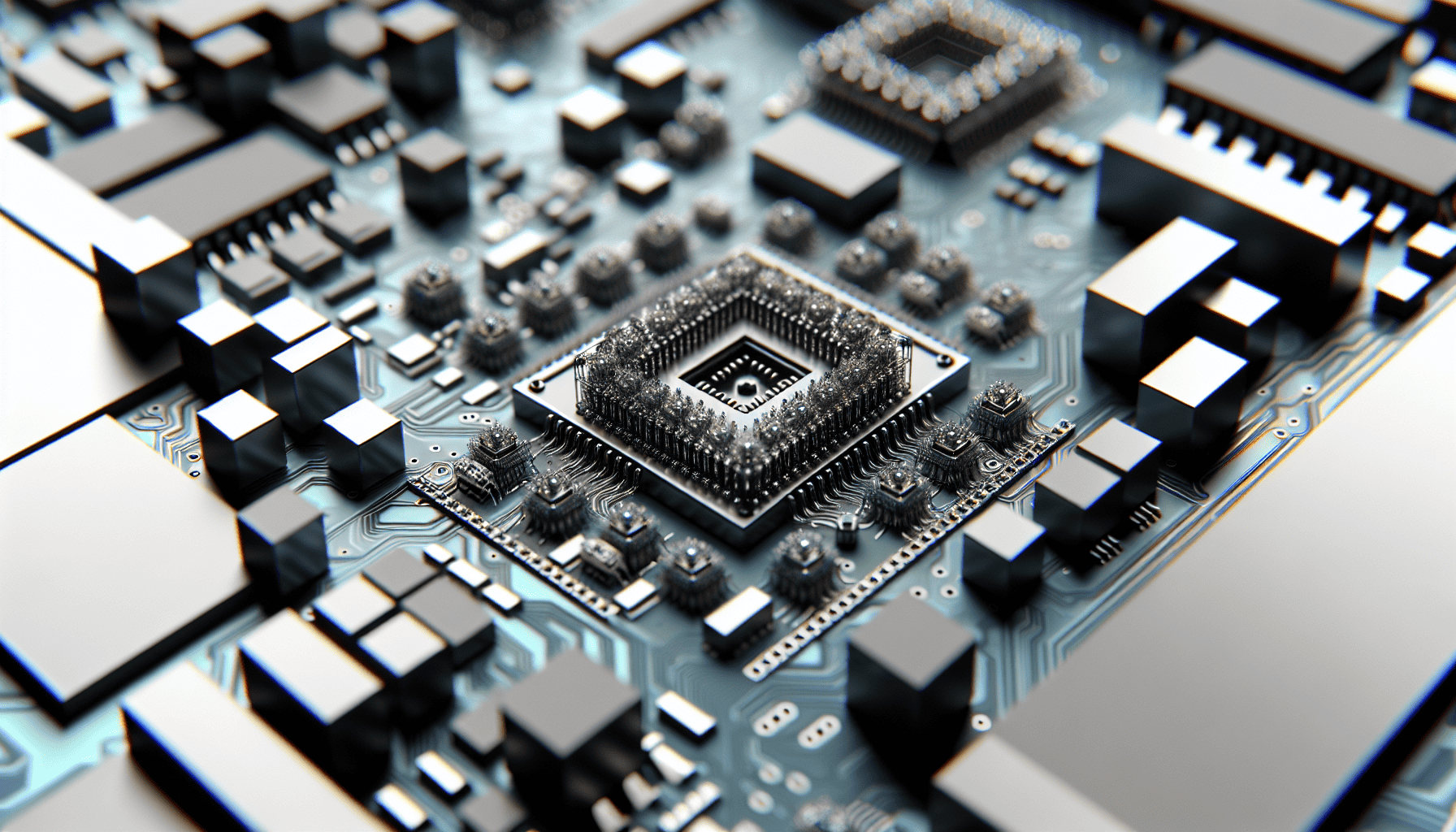In recent years, nanotechnology has emerged as a transformative force in the field of electronics, pushing the boundaries of what is possible in device performance and miniaturization. One company at the forefront of this innovation is Synergy Cledara Technologies, which has been making significant strides in integrating nanotech solutions into electronic components. This article explores their latest advancements and the implications these have for the future of electronics.
Synergy Cledara Technologies has focused on harnessing the unique properties of nanomaterials, which exhibit exceptional electrical, thermal, and mechanical attributes at the nanoscale. These properties offer a compelling advantage in the fabrication of electronic devices, allowing for improved efficiency, increased storage capacity, and reduced energy consumption, among other benefits.
One area where Synergy Cledara Technologies has made notable progress is in the development of nanoscale transistors. Traditional silicon-based transistors are approaching physical limitations, hindering further miniaturization and efficiency gains. However, by utilizing nanomaterials such as graphene and carbon nanotubes, Synergy Cledara Technologies has successfully created transistors that are not only smaller but also faster and more energy-efficient. These advancements are crucial for continuing the trend of shrinking electronic devices while enhancing their processing power.
Additionally, the company has been exploring the use of nanowires and quantum dots in the development of next-generation displays and sensors. For displays, nanowires offer the potential for flexible, lightweight screens with superior resolution and color accuracy. Quantum dots, on the other hand, enable highly sensitive sensors capable of detecting minute changes in environmental conditions, which could revolutionize fields such as medical diagnostics and environmental monitoring.
Another promising development from Synergy Cledara Technologies is in the realm of energy storage. The integration of nanomaterials into batteries and supercapacitors has the potential to significantly boost their performance, offering higher capacity and faster charging times. This could address one of the major bottlenecks in modern electronics, aiding the widespread adoption of electric vehicles, wearables, and portable devices that require reliable and long-lasting power sources.
One of the most exciting implications of these advancements is the potential for fully autonomous and interconnected smart devices. With nanotech-enhanced sensors, processors, and energy solutions, everyday objects could become part of the Internet of Things (IoT), seamlessly communicating and interacting with each other. This paves the way for smart homes, cities, and industries that are more efficient, sustainable, and responsive to human needs.
While these developments hold great promise, there are also challenges that need to be addressed, such as the high cost of producing nanomaterials and integrating them into existing manufacturing processes. Furthermore, the environmental and health impacts of nanotechnology remain areas of active research and regulation.
Despite these challenges, Synergy Cledara Technologies continues to push forward, driven by a vision of a future where electronics are more powerful, compact, and efficient than ever. By investing in research and development, and collaborating with academic and industrial partners, they aim to unlock the full potential of nanotechnology in electronics, ultimately reshaping how we interact with the technological world.
In conclusion, the advancements in nanotechnology spearheaded by Synergy Cledara Technologies represent a significant leap forward in the electronics industry. By revolutionizing components with nanoscale precision and performance, they are not only enhancing current devices but also laying the foundation for future innovations that could redefine the technological landscape. As research deepens and technology develops, the impact of nanotechnology on electronics is poised to be profound and far-reaching.
